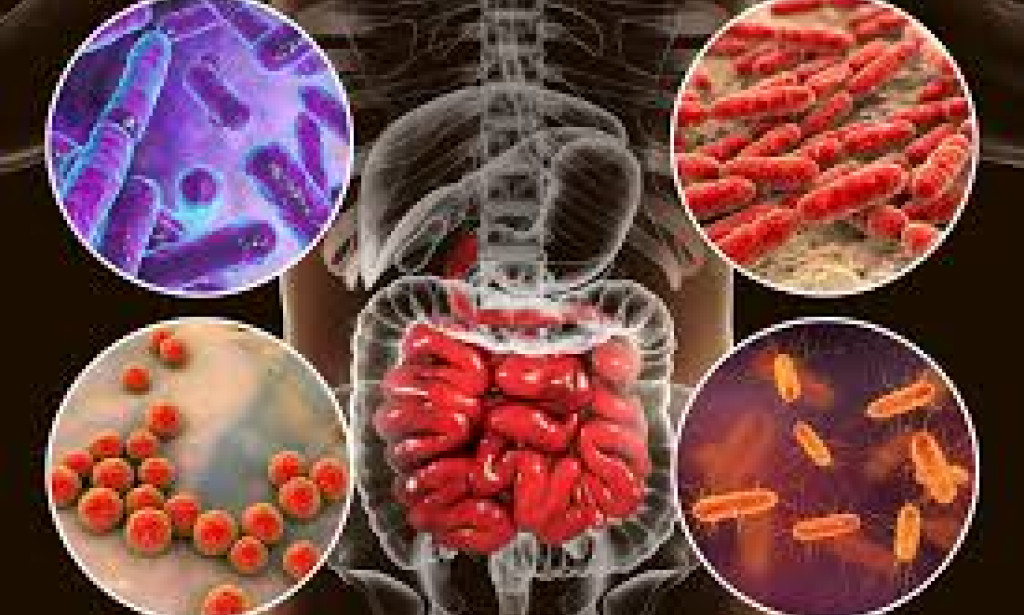The gut microbiota, a diverse community of microorganisms residing in our intestines, plays a crucial role in immune system regulation. These microbes not only aid in digestion but also influence the body's ability to defend against pathogens. Recent research highlights how a balanced microbiota contributes to a robust immune response by interacting with gut-associated lymphoid tissue (GALT), which is integral to immune function.
A healthy microbiome supports immune health by fostering a harmonious environment that prevents harmful bacteria from overgrowing. It also aids in the production of essential immune molecules and modulates inflammation. Conversely, dysbiosis—an imbalance in gut microbiota—can lead to chronic inflammation and increased susceptibility to autoimmune diseases and infections.
Diet is a significant factor in maintaining a healthy microbiota. Foods rich in fiber, probiotics, and prebiotics promote beneficial bacterial growth, enhancing immune resilience. As scientists delve deeper into this intricate relationship, they are uncovering new ways to leverage gut health for improving overall immune function and developing innovative treatments for immune-related conditions.



You must be logged in to post a comment.